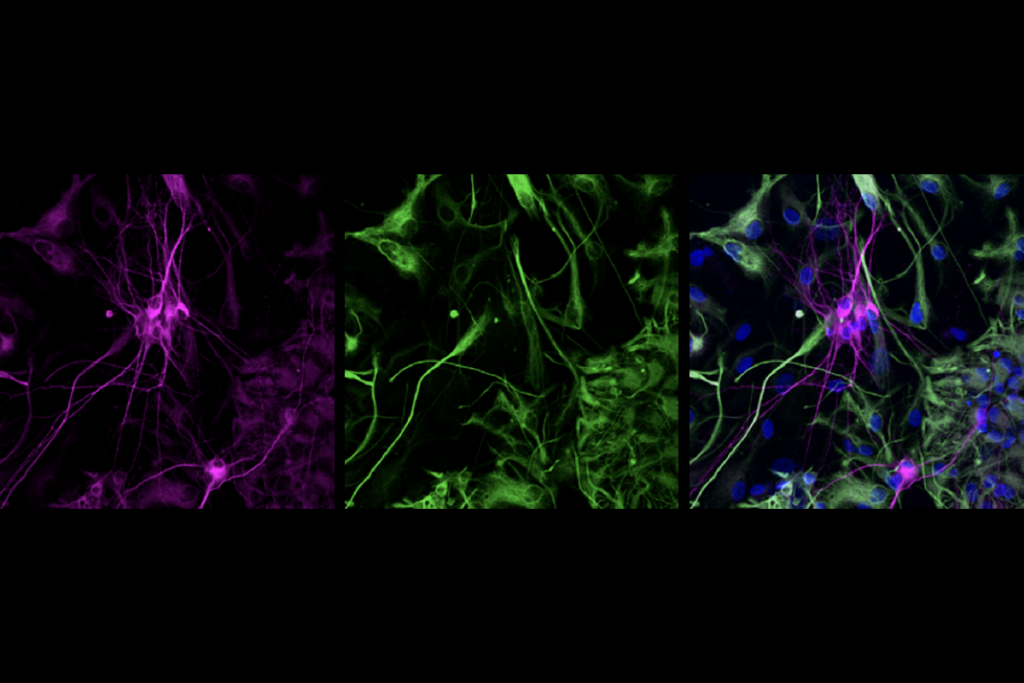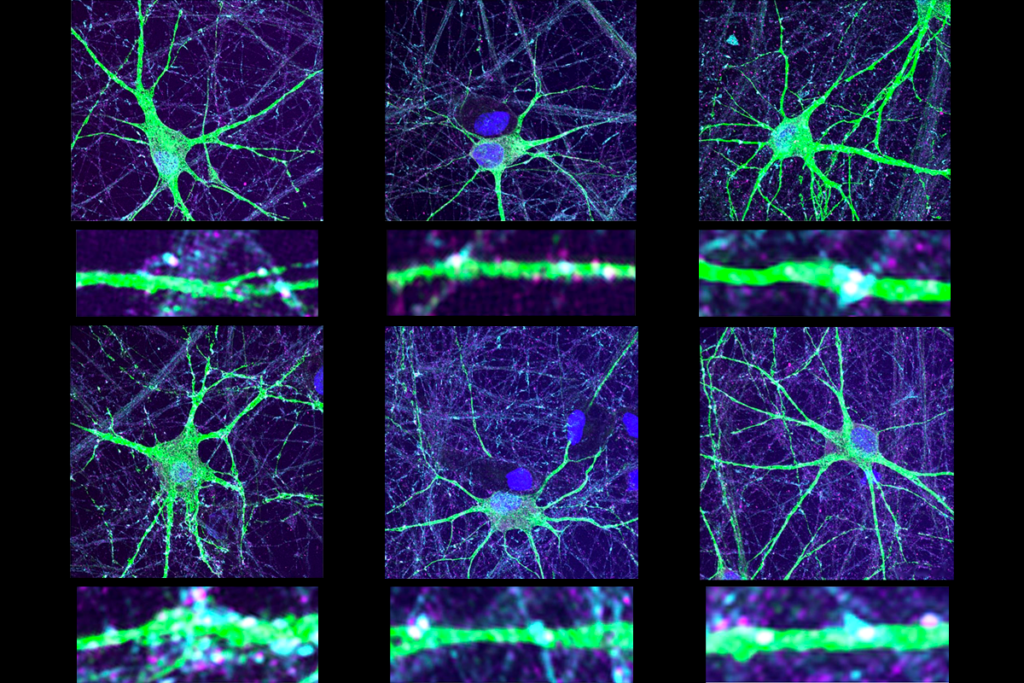I am Professor of Inclusive Practice at The Autism Centre, Sheffield Institute of Education, Sheffield Hallam University. Prior to joining the University in 1998, my professional background was in supporting disabled children and their families in schools for over 15 years. My research interests focus on all issues that impact on the education and well-being of disabled children and young people and their families. Much of my work has involved challenging deficit led models of disability that mark children and young people as disordered and other. I seek to identify and challenge the structural barriers that impede the aspirations of disabled children and young people and their families.
Nick Hodge
Professor of Inclusive Practice
Sheffield Hallam University
From this contributor
Why we should not define autism in terms of ‘deficits’
Autistic children in the United Kingdom are increasingly being suspended or expelled from school because of 'behavioral problems,' official figures show.

Why we should not define autism in terms of ‘deficits’
Explore more from The Transmitter
Boosting SCN2A expression reduces seizures in mice
A modified form of CRISPR amps up expression of the gene—a strategy that could apply to other gene variations linked to autism.

Boosting SCN2A expression reduces seizures in mice
A modified form of CRISPR amps up expression of the gene—a strategy that could apply to other gene variations linked to autism.
Nikolay Kukushkin discusses his book, ‘One Hand Clapping: Unraveling the Mystery of the Human Mind’
He explains how meaning arises in the interactions found throughout nature and evolution, from molecules to minds.
Nikolay Kukushkin discusses his book, ‘One Hand Clapping: Unraveling the Mystery of the Human Mind’
He explains how meaning arises in the interactions found throughout nature and evolution, from molecules to minds.
ADSI, leucovorin, autism registry; and more
Here is a roundup of autism-related news and research spotted around the web for the week of 6 October.

ADSI, leucovorin, autism registry; and more
Here is a roundup of autism-related news and research spotted around the web for the week of 6 October.